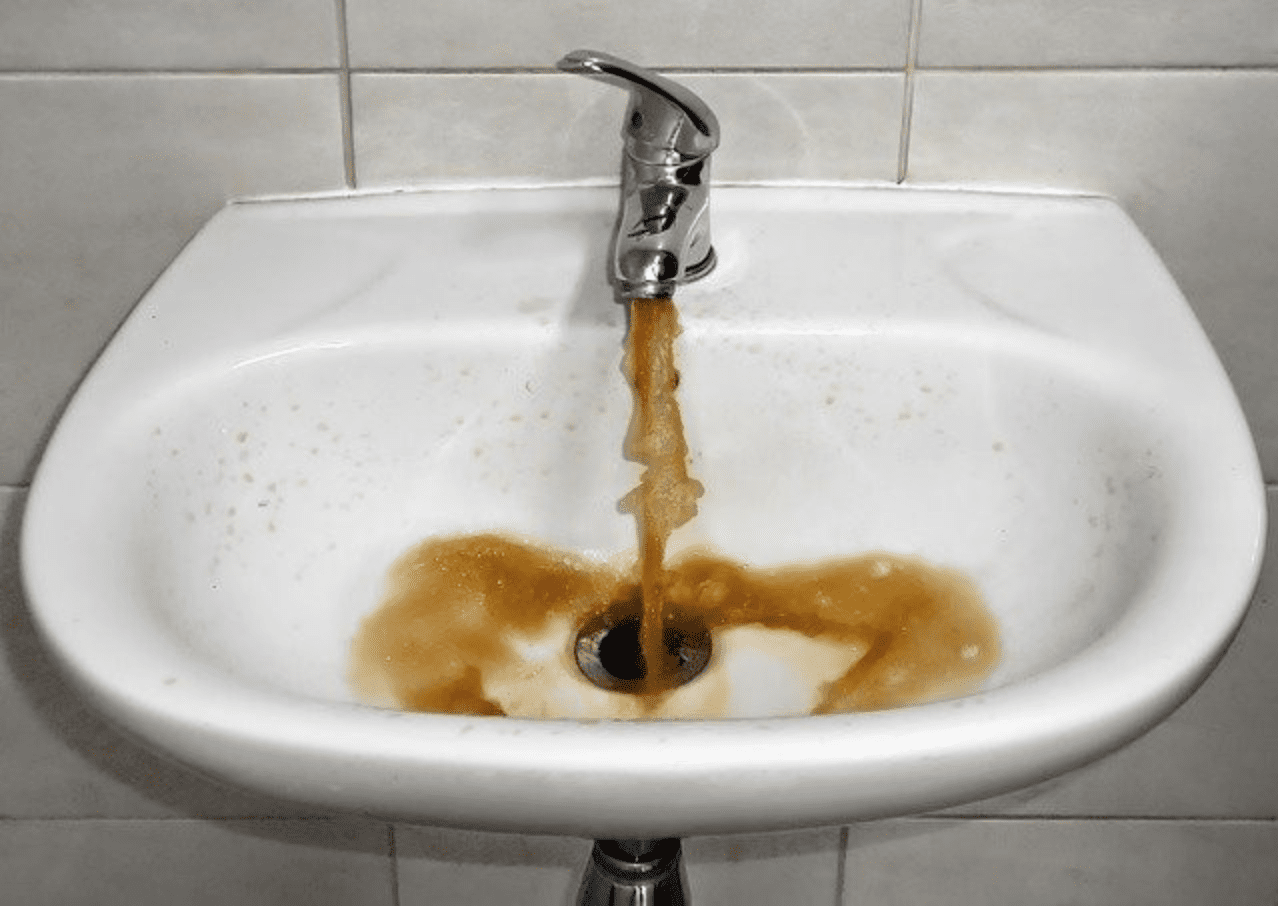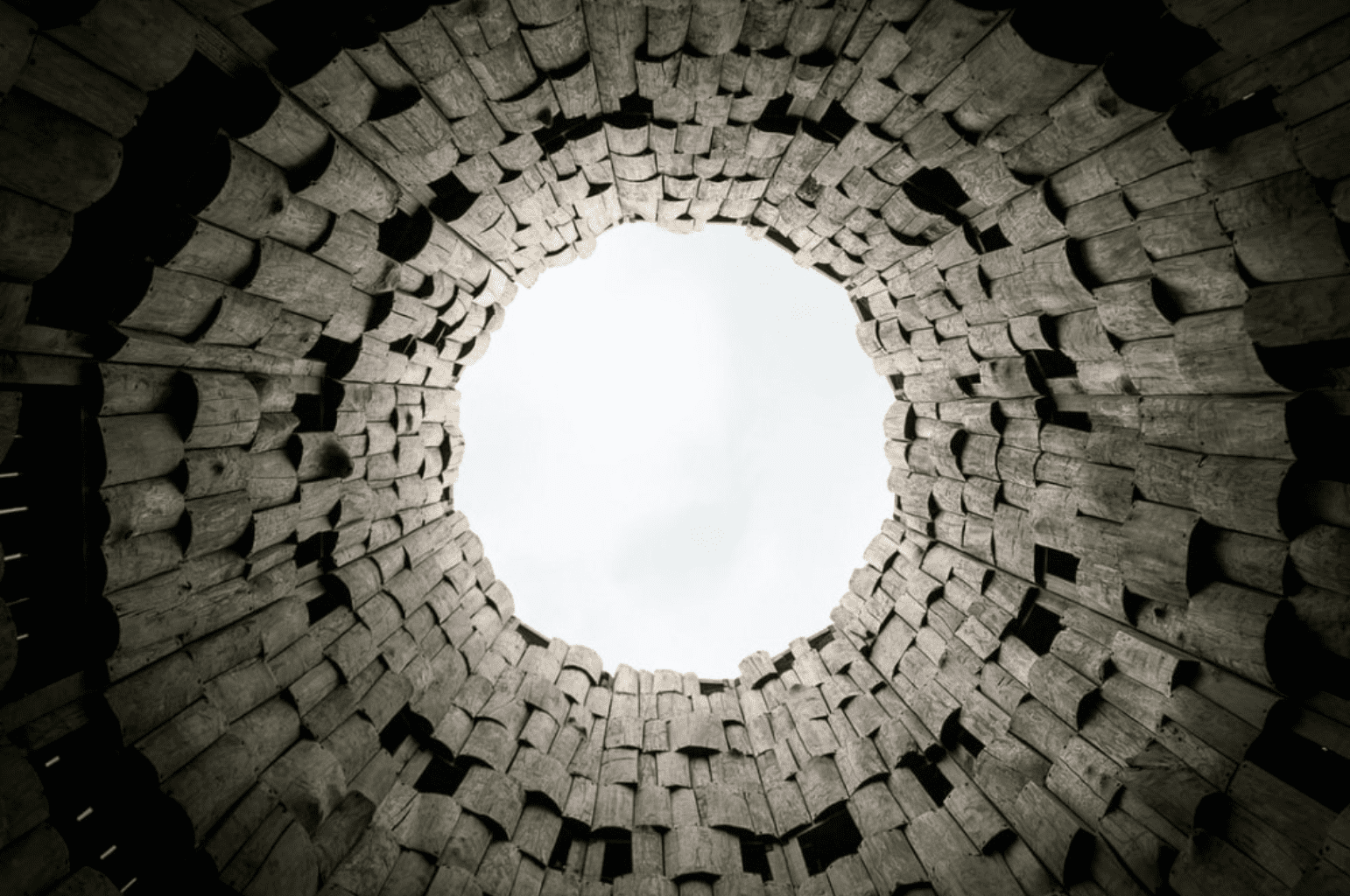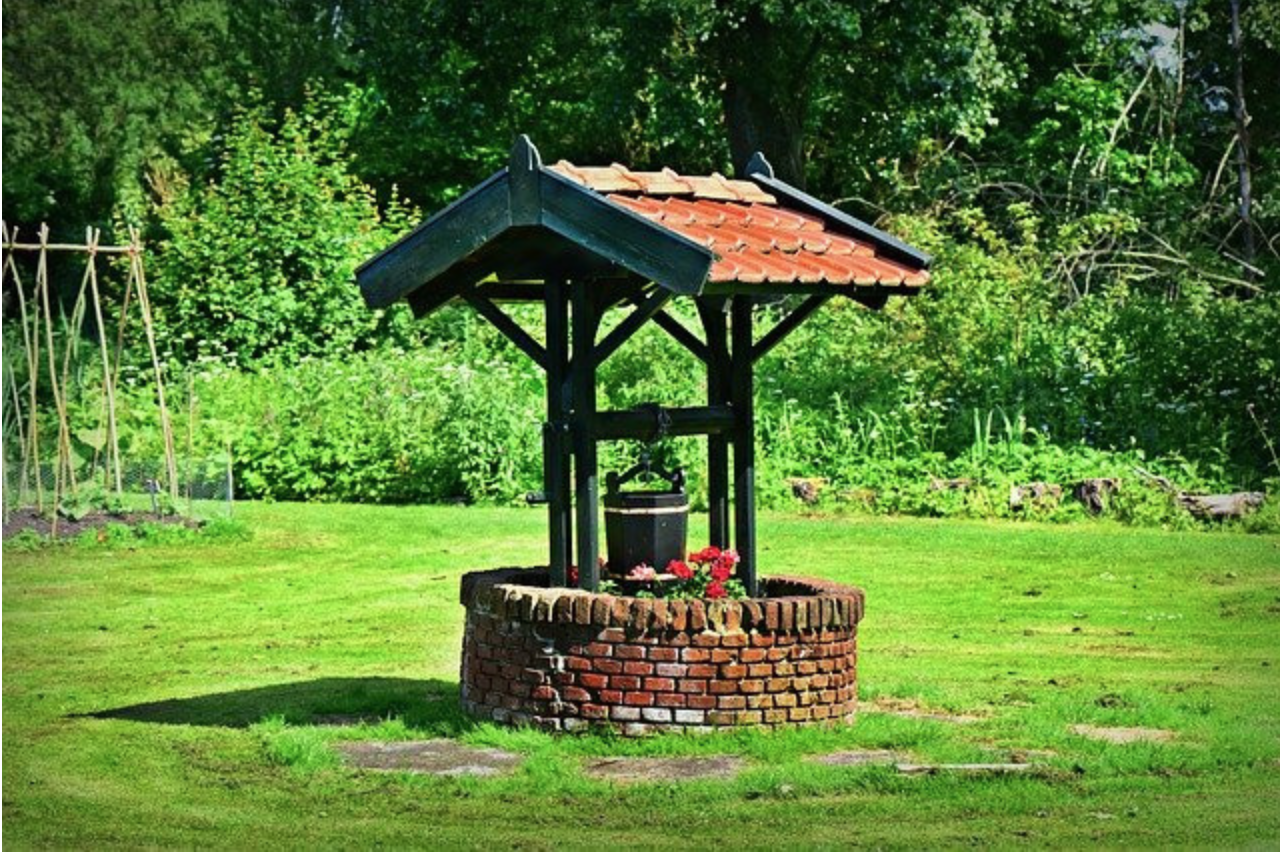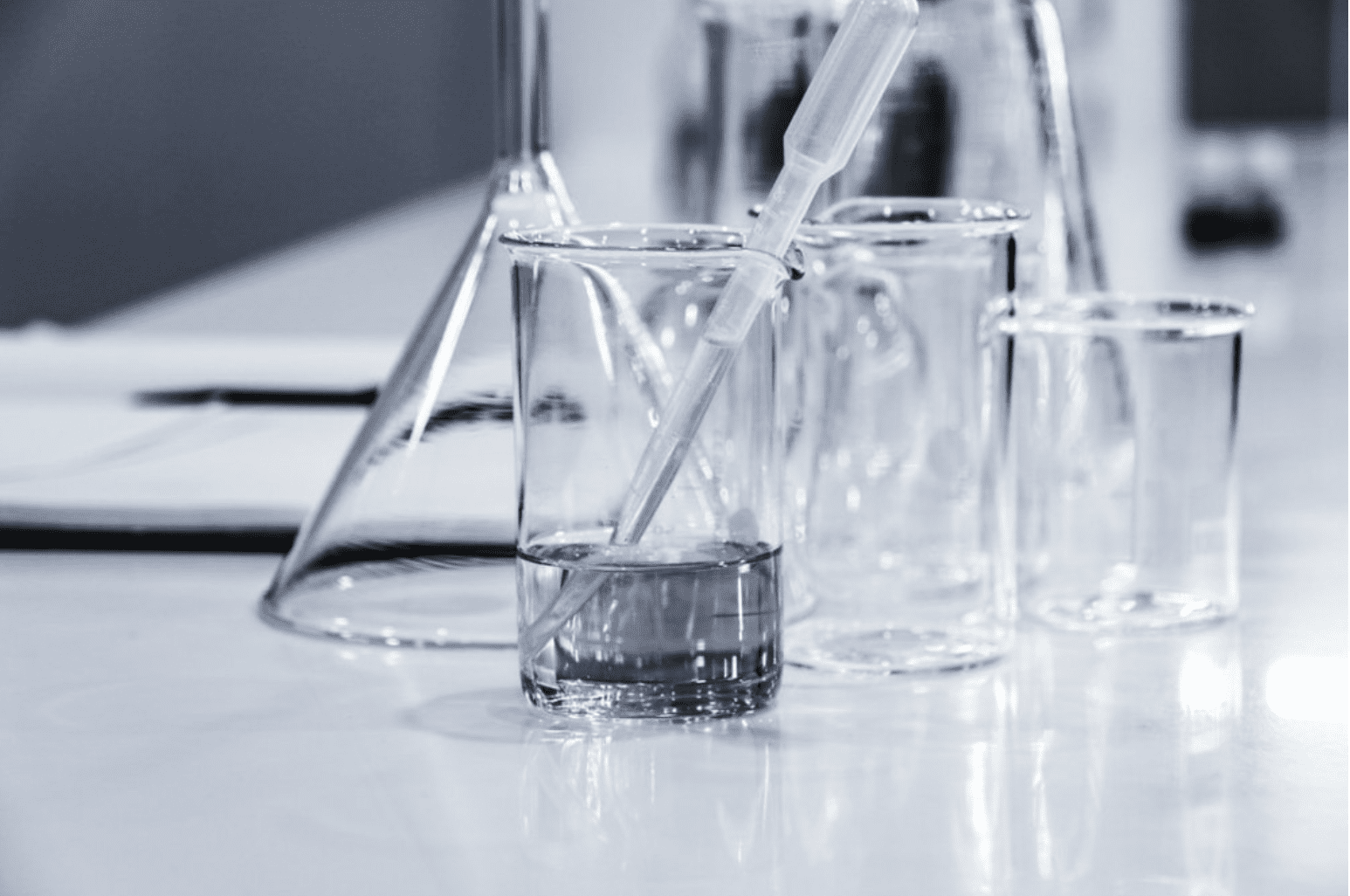Hard water is a common problem in many households, but it’s more frequent for homes with private wells. One way to resolve this problem is to invest in a water softener system.
Although the initial investment is significant, if you have hard water, water softeners will likely increase the lifespan of the appliances that use water. Additionally, you will have smoother skin after showering, and cleaning the tiles and shower doors will also be easier. People with severely restricted sodium diets should consult a professional and get medical advice before installing a water softener.
Let’s start by understanding what hard water is.
What is Hard Water Anyhow?
Water is considered hard or soft based mainly on the amount of dissolved calcium and magnesium in the water. Sometimes you can see that your water is hard by how difficult it is to wash your hands. In general, you need more soap or detergent to cleanse your body or do your laundry.
Excessive amounts of other elements such as iron and manganese will not make your water hard but can make your water have color and an unpleasant taste and smell.
What Are the Common Problems Caused by Hard Water?
First, it is important to say that there is no convincing evidence that hard water has an adverse health effect. Also, hard water could provide an additional essential supplement of total calcium and magnesium intake for specific individuals.
But while hard water may be safe for humans, the same can not be said for our household appliances.
Appliances that use water, such as washing machines and dishwashers, will have a problem with excessive mineral deposits. Hard water can clog the pipes on appliances and shorten their lifespan. Heaters could even overheat if they are covered with excessive mineral residue.
After years of using hard water, your pipes can get partially clogged. The minerals will deposit, and over time, your pipes will have a smaller diameter. As a result, the water flow will slow down. To solve this issue, you may have to replace your pipes, which may be costly.
In addition to affecting your appliances, hard water can also affect your skin and hair. Since hard water makes it harder to wash your body effectively, you will likely use more soap or leave residue behind, making your skin dryer. Your hair will also feel the effect of the hard water, especially if you tend to have dry hair.
Hard water will also leave hard-to-clean stains in your bathtubs, sinks and toilets.
How Do I Know if I Have Hard Water?
Take a Look at the U.S. Geological Survey Map
The map below shows the location and level of water hardness for about 2,100 domestic wells tested as part of a study from the National Water-Quality Assessment (NAWQA) Project.
The map will not help you know if your private well has hard water, but it gives you an informative picture of where the wells with the hardest water (red dots) are typically located.

Ask Your Neighbors
If your neighbors have been there for a while, they probably know how hard the water is. But don’t ask just one neighbor; the more you talk to, the better. After talking to a few of your neighbors, you should be able to determine how likely it is that you have hard water in your well.
Ask a Plumber
No. I am not saying call a plumber and schedule a visit. That will cost you money. Keep an eye out for plumbers in your neighborhood and ask them casually if they know how hard is the water in that neighborhood.
After looking at the map, talking to your neighbors and plumbers, you may have a pretty good idea of how hard your water is, but you won’t be sure until you test your well water.
Test Your Well Water
If you have a house with a well there are good reasons why you should test your private well water. Since most households should test the water annually, you might as well add a hardness water test the first year.
This is what I have done. I still haven’t send the kits, but I will be doing it soon.
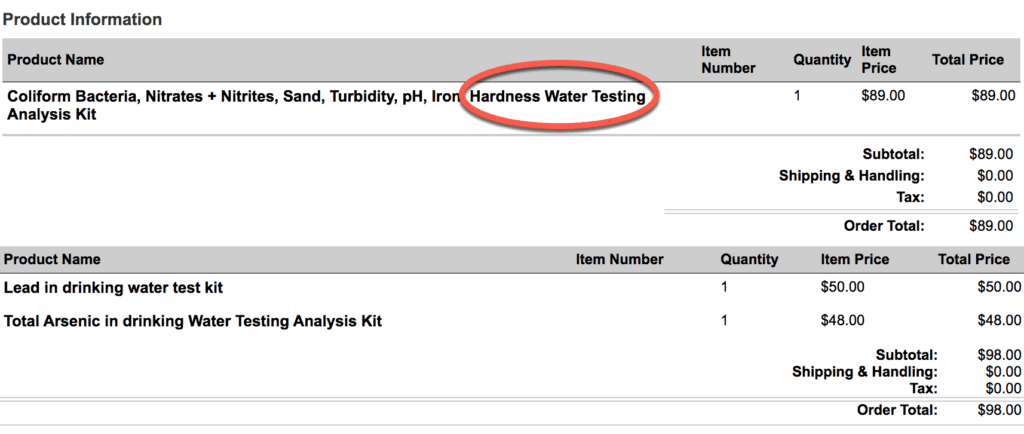
How Do Water Softeners Work?
There are two main types of water softeners, ion exchange, and salt-free conditioners. They soften the water differently, and here is how they work.
Ion Exchange Water Softener
This is the most popular type of water softener and, according to many, the only true water softener –more on that below. Ion exchange water softeners work by exchanging sodium or potassium ions for minerals that cause water hardness. That is mostly calcium and magnesium.
These machines have a tank that has to be filled with salt to operate as intended. Depending on the model, a mechanism that sets things into motion can be manual, electronic timer, flow meter, or sensor system. In the end, the result is going to be softer water.
Maintenance and operating cost is the most considerable disadvantage of this highly efficient system. Because it uses mineral salts, the process increases the sodium level in the water.
Salt-Free Water Conditioners
Salt-free water conditioners are not water softeners because they do not actually remove minerals from the water. They act as catalysts and change the form of the hard-water-causing minerals.
Those minerals change properties, and they will not remain on the surfaces, including pipes, appliances, and tiles, but they remain in the water.
Many experts believe that they are not as effective as ion exchange water softener, and the results may be disappointing to some people.
Salt-free water conditioners don’t have to be filled with salt and are more environmentally friendly. The maintenance is cheaper, although the device itself is more expensive.
What to Consider Before Installing a Water Softener
Some people with a restricted sodium diet may have to consider certain risk factors due to the increased sodium levels in drinking water caused by ion exchange softeners.
The EPA recommends a sodium limit in drinking water of 20 mg/l. This is based on the American Heart Association’s advice for people who are on a severely restricted sodium diet.
If you or someone in your family fall in this category, you may have to gather additional data and get professional help before installing one of these devices.
Advantages and Disadvantages of Water Softeners
Let’s go over the advantages and disadvantages of water softeners. Some of these pros and cons are associated with the device type.
Advantages
- Limescale buildup prevention
- Easier cleaning of appliances and surfaces like tiles and shower
- Prolonged lifespan of water-using appliances
- Healthier skin
- You can use less detergent and soap with soft water to get the same result
- Washed clothes are going to be softer
Disadvantages
- High initial cost
- Maintenance and salt cost (ion exchange water softener)
- These devices require available room
- Increased water usage (approximately 5-10% for ion exchange water softener)
- Slightly increased electricity bill
- Ion exchange water softeners are not very environmentally friendly
- Some people complain about the taste of soft water
- Potential risk factor for individuals with restricted sodium diet (ion exchange water softener)
Those who have problems with very hard water can benefit from water softeners. As expensive as it can be initially, it is cheaper than pipe replacing or buying new appliances in the long run. But your personal circumstances are unique and can make you think otherwise.
Related Posts:

